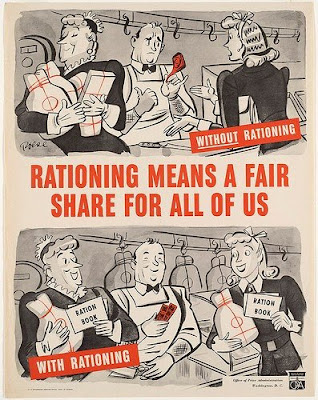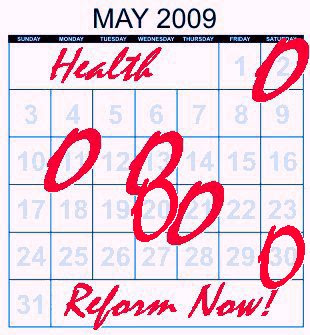
(Photo by Kyle Telechan, City Eyes Blog, via The Windy Citizen)
Check out City Eyes Blog's series of eerie photographs taken in abandoned Chicago hospitals.
The newer batch of pictures comes from the vacant old Cook County Hospital structure, in the Illinois Medical District near its replacement, Stroger Hospital. The hospital achieved national fame as the inspiration for the County General of the fictional TV series, ER.
I'm not sure of the current status of this building. It was slated for demolition some years ago, and remains on the National Trust for Historic Preservation's list of endangered places.
The land is valuable, and the Classical Revival exterior beautiful, with all that glazed terra cotta ornamentation. Nobody builds hospitals like that anymore. None of the proposals I've seen for rehabbing the structure involve health-care uses.
It's disturbing that the photographer and his friends were able to gain access so easily. As he documents in the blog and the accompanying Flickr stream, parts of the interior were still in fairly good condition in 2008. A few squatters or vandals could do untold amounts of damage. I'm wondering if the cash-strapped county ever called in an architectural salvage firm for bids. Some of the abandoned elements might have value, or at least they would have when the hospital closed seven years ago.
The earlier series is even more disturbing, however. It shows Edgewater Medical Center, birthplace of John Wayne Gacy and Hillary Rodham Clinton, which was shuttered in 2001 after members of its management and medical staff were convicted of massive Medicare fraud. When the building was abandoned, its patients' medical records were apparently just left behind.
That's even creepier than that CPR dummy.










